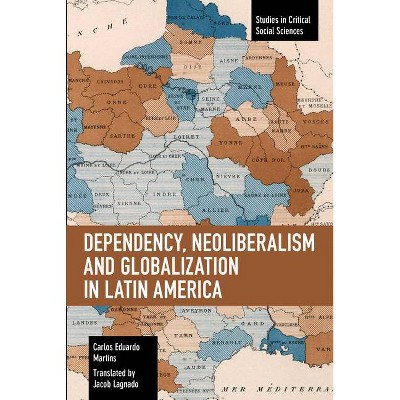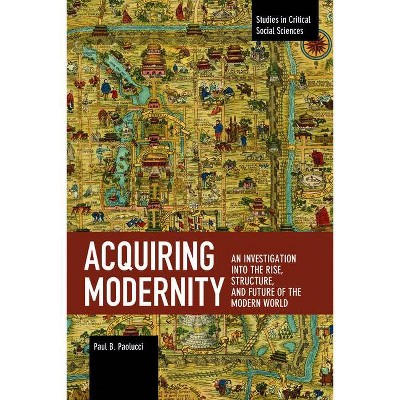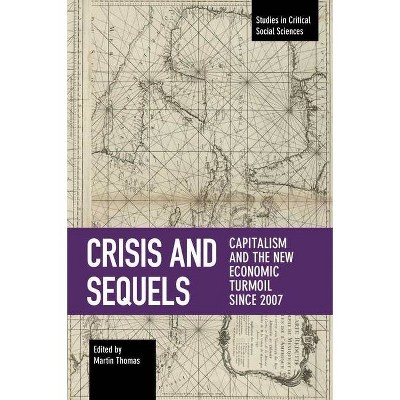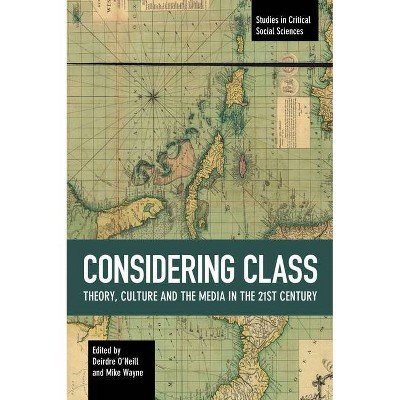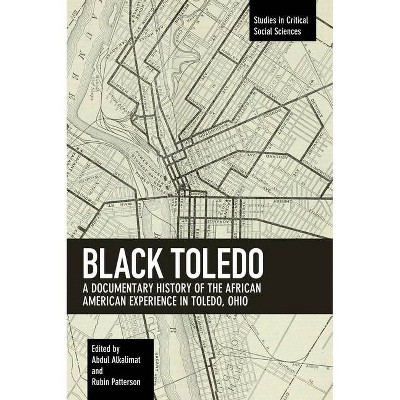How Labour Built Neoliberalism - (Studies in Critical Social Sciences) by Elizabeth Humphrys (Paperback)
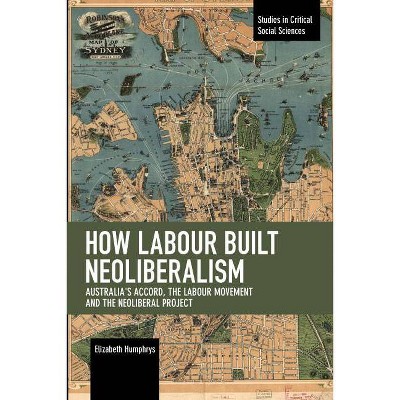
Similar Products
Products of same category from the store
AllProduct info
<p/><br></br><p><b> About the Book </b></p></br></br><p>In this timely and controversial treatment of the Australian labour movement, Humphrys examines the role of the Labor Party and trade unions in constructing neoliberalism in Australia. </p><p/><br></br><p><b> Book Synopsis </b></p></br></br><p>Why do we always assume it was the New Right that was at the centre of constructing neoliberalism? How might corporatism have advanced neoliberalism? And, more controversially, were the trade unions only victims of neoliberal change, or did they play a more contradictory role? In <em>How Labour Built Neoliberalism</em>, Elizabeth Humphrys examines the role of the Labour Party and trade unions in constructing neoliberalism in Australia, and the implications of this for understanding neoliberalism's global advance. These questions are central to understanding the present condition of the labour movement and its prospects for the future.</p><p/><br></br><p><b> Review Quotes </b></p></br></br><br><p>Humphry's brilliant <em>How Labour Built Neoliberalism</em> utterly transforms our understanding of modern Australian politics and compels us to rethink established ideas about the role of the trade union movement in the making of neoliberalism. I consider this to be a landmark work in Australian political sociology and an invaluable contribution to the literature on global neoliberalism.</p>--<strong>Melinda Cooper, University of Sydney, Author of <em>Family Values: Between Neoliberalism and the New Social Conservatism</em>(2017, Zone Books).</strong></p></p><p>In this fascinating book, Elizabeth Humphrys challenges the narrative that neo-liberalism was generally imposed onto labour by right-wing governments such as the Thatcher government in the UK and the Reagan government in the US during the 1980s. Through a detailed analysis of the Australian political economy between 1983 and 1996, she demonstrates how restructuring was also carried out by a Labour Party in close co-operation with trade unions.</p><p>Written in a beautiful and highly accessible prose, she makes clear that trade unions are not automatically progressive or reactionary. Ultimately, trade unions too are sites of class struggle, which decides on whether a particular trade union is a force for social justice or not. Humphrys' book is a must-read in guiding our explorations of this question and the search for alternative, progressive strategies.</p><p><strong>-- Andreas Bieler, Professor of Political Economy, University of Nottingham, UK</strong></p><p>This is essential reading for anyone wishing to understand the emergence of neoliberalism in Australia, or the contradictory role trade unions can play during an economic crisis.</p><p><strong>--Alfredo Saad-Filho, Professor of Political Economy, SOAS, University of London</strong></p><p>How Labor Built Neoliberalism is a scholarly, erudite and persuasive account of Labor's neoliberal turn and of the Accords. It should be widely read by labour historians, political economists, unionists and Labor politicians.</p><p><strong>--Tim Lyons, <em>Labour History </em></strong></p><br><p/><br></br><p><b> About the Author </b></p></br></br><p><strong>Elizabeth Humphrys</strong> is a political economist at the University of Technology Sydney. She has published on trade union and social movement responses to crisis, including in <em>Globalizations</em> and <em>Critical Sociology</em>. She completed her Ph.D. (2016) at the University of Sydney.</p>
Price History
Cheapest price in the interval: 27.99 on October 22, 2021
Most expensive price in the interval: 28.49 on December 20, 2021
Price Archive shows prices from various stores, lets you see history and find the cheapest. There is no actual sale on the website. For all support, inquiry and suggestion messages communication@pricearchive.us
